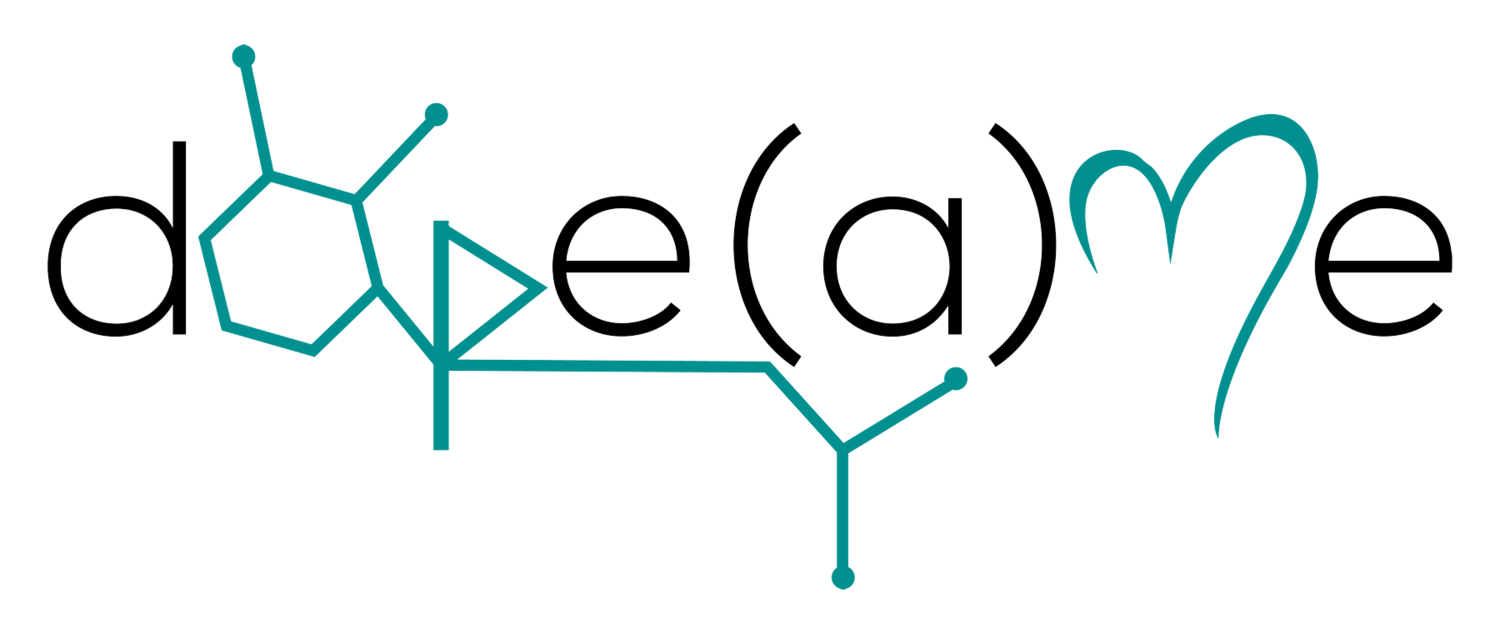It is no secret that social media sheds light on a fascinating paradox. These tools of connection, used for extended periods of time, tend to leave people more lonely and depressed, whether they are consciously aware of it or not. The good-feeling boosts we get from our online status become addictive, yet they pale in comparison to the deeper and more complex good-vibes we get from face to face interaction.
I have been paying close attention to my own addiction to my handheld device, and at the beginning of 2019 I made a commitment to retrain my relationship with social media. {for my previous blog post on this challenge, read here}.
To be completely honest, my social media self-imposed boundaries have slipped a bit in the past few weeks. Initially this challenge began due to my realization (over many weeks) that I was/am addicted to my phone. Every moment of pause - standing in line, at a red light, walking to and from places, or on the couch at night, I aimlessly scroll through my social media. I knew this was not a habit I wanted to continue with.
At first I tried to consciously limit my time on my phone, using will-power and discipline alone. But of course, habits are strong, and even when I knew I didn’t want to scroll through instagram, I would find myself doing it anyways.
So, boundaries. I decided to delete the instagram app immediately after using it, and would not re-install it until once home at the end of the day when I had an intentional post/message to share. I also made an effort to ensure that anytime I went onto a social media platform, I would comment/connect with at least one person.
This shift in my routine was exactly what I needed. I retrained my mind to use social media as a tool for connection and to stop wasting energy and time scrolling as a distraction or avoidance of my current reality.
For two weeks now, I have stopped deleting the app. I rarely ever find myself scrolling mindlessly now, but it does happen occasionally. Although I catch myself quickly and I now have more energy available to remind myself to close the app and re-connect with what is actually around me at that time, I know I still have some learning and retraining to do with social media.
I run a business and of course I need/want social media to support my marketing efforts. And I am mindful that I want to be extremely conscious and deliberate in what I choose to share and how my sharing can impact others in their relationship with social media.
While reading the latest edition of Psychology Today, I stumbled across an inspiring article that spoke directly to what I have been experiencing. A short review of a new book called Digital Minimalism by Cal Newport.
It starts with:
“Newport, a computer science professor at Georgetown committed to helping people carve out a focused life in a culture rife with distraction, has consumed the data on just how hooked many of us have become on handheld social media delivery systems. For him, the problem with smartphones is essentially one of control. “Few want to spend so much time online,” he writes, “but these tools have a way of cultivating behavioral addictions,” and subsequently generating mental, spiritual, and even physical exhaustion. “
His proposed cure? DIGITAL MINIMALISM. {For full article, read here}.
The article continues with some interesting and predictable results from testing a digital minimalism challenge with a group of volunteers. While, for some, it was quite literally a detox from a deeply addictive habit, in the end, the “…participants found themselves in the enviable position of having a blank-slate digital life to rewrite any way they pleased, but ideally with intentionality and limits.”
Another beautiful insight form Newport’s work is that while technology has expanded what is possible for our lives, it has also created a feasible result of potentially eradicating any and all free space and time for self-reflection or simply being with our own thoughts. Without self-study, witnessing, or being in the practice of noticing our thoughts and patterns, we will remain in habits that don’t serve us, our growth trajectory will plateau, and our busy-minds will get busier and louder until a breaking point.
So, here I am again, ready to commit and play with the boundaries in my relationship with social media to ensure I use it as a tool and not as an escape. I do not open any apps in the morning until I have moved through my morning routine. I do not open social media unless I have a purpose and plan. I plug my phone in by 9pm at the latest each night, and give my mind and body space to be and space to breathe.
Let’s do it together :)




